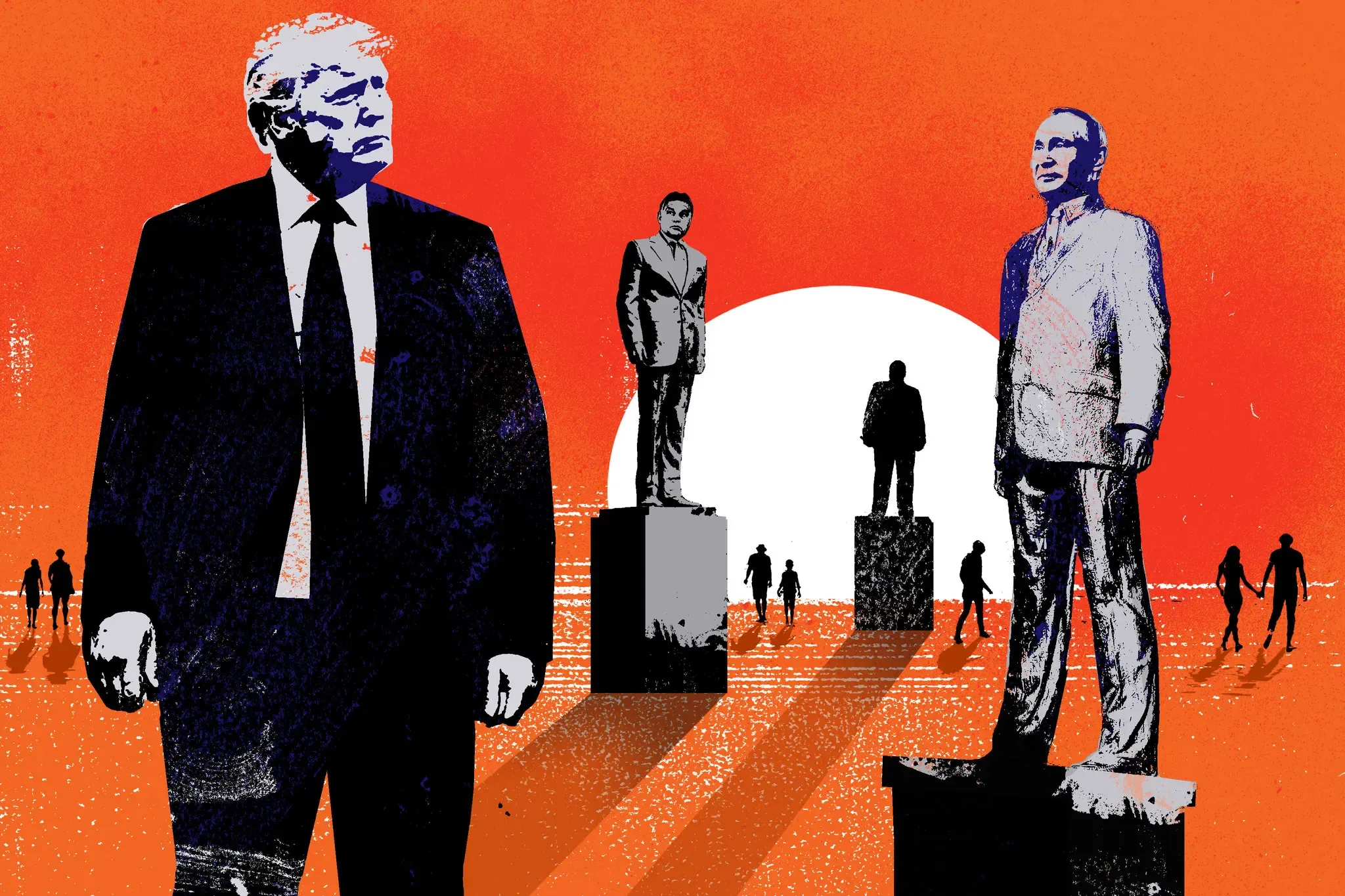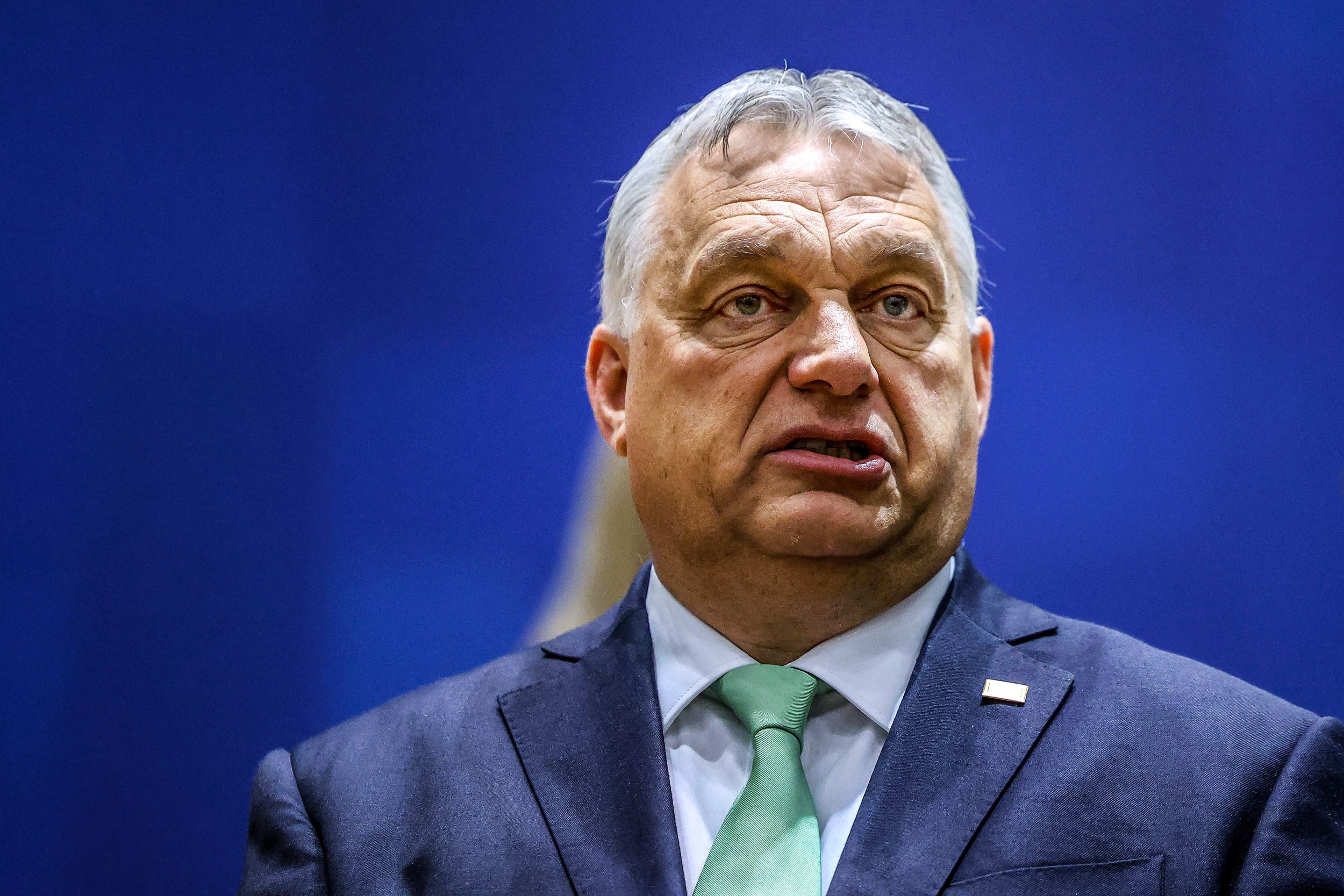By Ruth Ben-Ghiat
It’s no surprise that Donald Trump, the leading GOP presidential contender, has declined to participate in tomorrow’s GOP presidential primary debate. That’s how demagogues behave.
Debates among presidential candidates enact the democratic principle of mutual tolerance: the notion that those who don't share your political views have a right to free expression. The public hears an exchange of views by individuals who are on equal footing and bound by rules which are enforced by an impartial arbiter.
This is anathema to the authoritarian mindset. Personality cults posit the leader as a man above all others, and the egalitarian staging and format of debates make them dangerous to his brand. Moreover, authoritarians who depend on disinformation, threat, and corruption (including fixing elections), have much to lose by submitting to spontaneous questioning by a rival or a third party.
Russian President Vladimir Putin understands this well. He refused to debate his opponents during a 1999-2000 presidential race marked by the resumption of Russia's war with Chechnya and apartment building explosions around Moscow that were conveniently timed for him to emerge as the strongman able to restore order.
Avoiding debates became a feature of Putin's rule as he built a kleptocracy founded on secrecy and the silencing of rivals. In 2012, his spokesman Dmitry Peskov claimed that taking time for debate would "impede [Putin]’s ability to carry out his duties.”
Russian opposition parties unsuccessfully lobbied for years to change election laws to require all candidates for parliament or the presidency to participate in debates. Instead, Putin offers the public yearly live call-in shows in which he answers scripted questions.
Hungarian Prime Minister Viktor Orban has followed Moscow's lead. Sixteen years have passed since the Hungarian leader last debated a competitor. A poor performance in 2006, which contributed to his defeat to the incumbent Hungarian Socialist Party, soured him on the experience. A 2018 attempt by opposition politicians to amend election law to require presidential debates did not succeed.
And so, in the runup to the 2022 elections, Orban refused the opposition presidential candidate Peter Márki-Zay’s proposal to hold a debate. "To his followers, Orban must always appear invincible," autocracy expert Kim Scheppele Lane says. To help with that, Orban relies on his system of electoral autocracy, where substantial control of the voting apparatus and the judiciary by the incumbent and his cronies helps to produce the outcome needed to stay in office.
This fear of looking weak is the context for Trump’s refusal to debate, and for his norm-breaking behaviors during the 2016 election. After Megyn Kelly grilled him during an August 2015 debate among contenders for the GOP nomination, he boycotted the next debate. And who can forget him shadowing Hillary Clinton during their October 2016 encounter? "My skin crawled," Clinton later wrote of that occasion.
In 2020, Trump used the debate experience to try to take down his adversary in a different manner. He attended the Sept. debate with Joe Biden knowing that he had recently tested positive for Covid, making his health status public only several days later.
Autocrats see debates as risky to their brand, and leaders who rely on corruption, violence, and lies don’t exactly want to be questioned —least of all Trump, who has multiple indictments hanging over him. His plans for "counter-programming" sound underwhelming: speaking on Tucker Carlson's low-rated show, or calling into news programs. So, a last-minute surprise appearance to throw everyone off guard can't be discounted.
Whether he is physically present or not, Trump's shadow will hang over the debate proceedings. His rivals for the nomination, none of whom have much chance of winning, will attack each other. But we shall see how far they go in attacking Trump, the cult leader who has much of the party firmly in hand. The advice given to Florida Governor Ron DeSantis to “defend” Trump during the debate is telling. For those who will gather on stage know that the threat Trump recently posted on Truth Social —"If you go after me, I’m coming after you"—is meant for them too.











